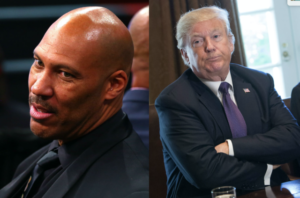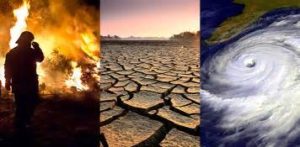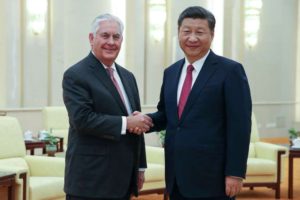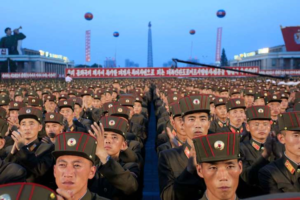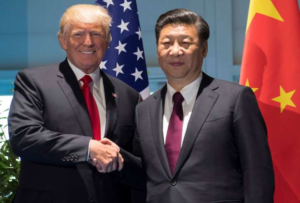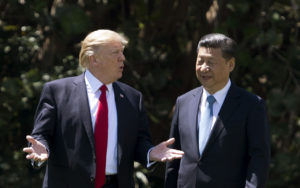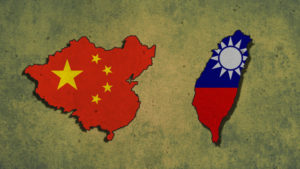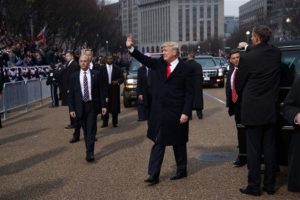Donald John “Smart Person” Trump Sr. has done the seemingly impossible one more time.
He has made LaVar Ball, the loudmouth “Little League father” of an NBA player and one of three UCLA students caught shoplifting in China, a (semi) sympathetic character.
LiAngelo Ball was one of the Bruin basketball players caught pilfering some goods at a high-end department store. The Chinese government tossed the boys into jail.
Then the president of the United States entered the picture and reportedly/allegedly finagled a deal to get the young men released and sent home; under Chinese law they faced a potentially lengthy prison sentence.
So, what does LaVar Ball do? He tweets something about Trump really not doing anything to help LiAngelo and his teammates.
Trump’s response? He tweeted back something about how ungrateful Daddy Ball is for what the president did to obtain the release of his son and his pals. The president tweeted this: Now that the three basketball players are out of China and saved from years in jail, LaVar Ball, the father of LiAngelo, is unaccepting of what I did for his son and that shoplifting is no big deal. I should have left them in jail!
There you go. Presidential dignity has taken a hike from 1600 Pennsylvania Ave. Try to imagine any of Trump’s predecessors engaging in this kind of petulant pettiness.
Do not misunderstand me: Daddy Ball is far from a sympathetic character. He’s brash, brazen and bellicose. He earned his 15 minutes of fame through some kind of “reality TV” gig — that I have never seen. He has produced some sons with decent athletic skill and he’s trading on their prowess to advance his own agenda … whatever the hell it is!
As for the president, I have quit wondering whether Trump will outgrow his Twitter fetish and whether he’ll ever learn to stick to matters of statecraft and high-level diplomacy.
I know the answer to that. He won’t. He can’t.
Bizarre.
